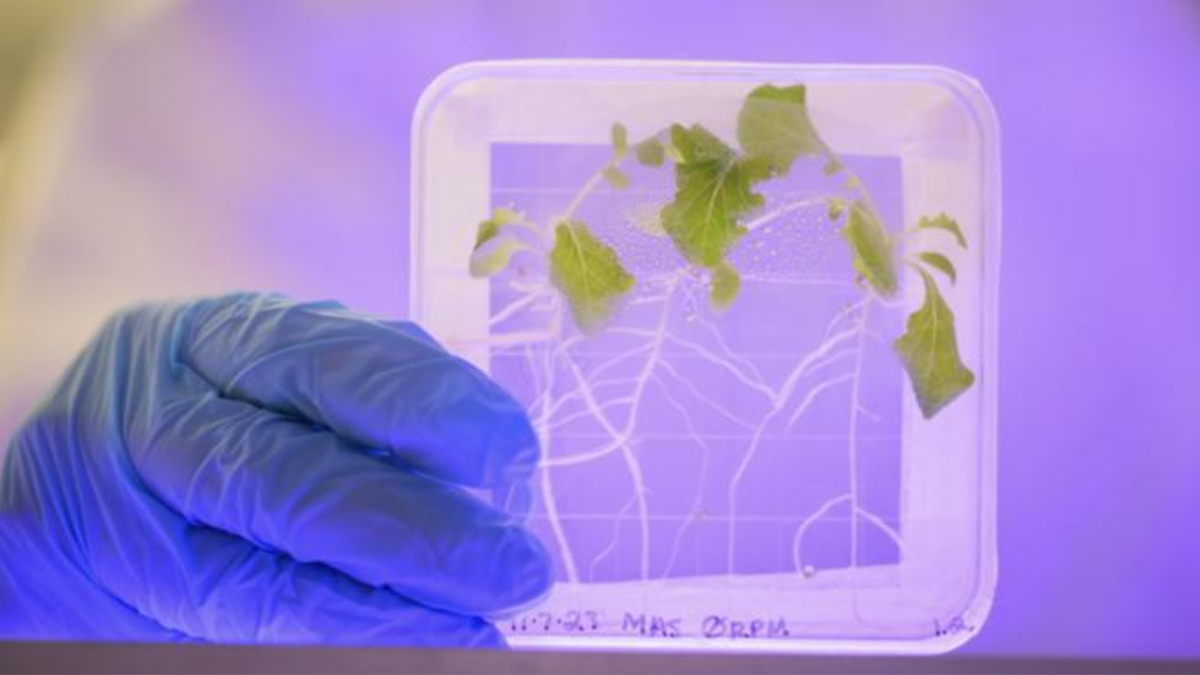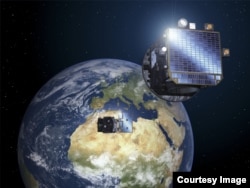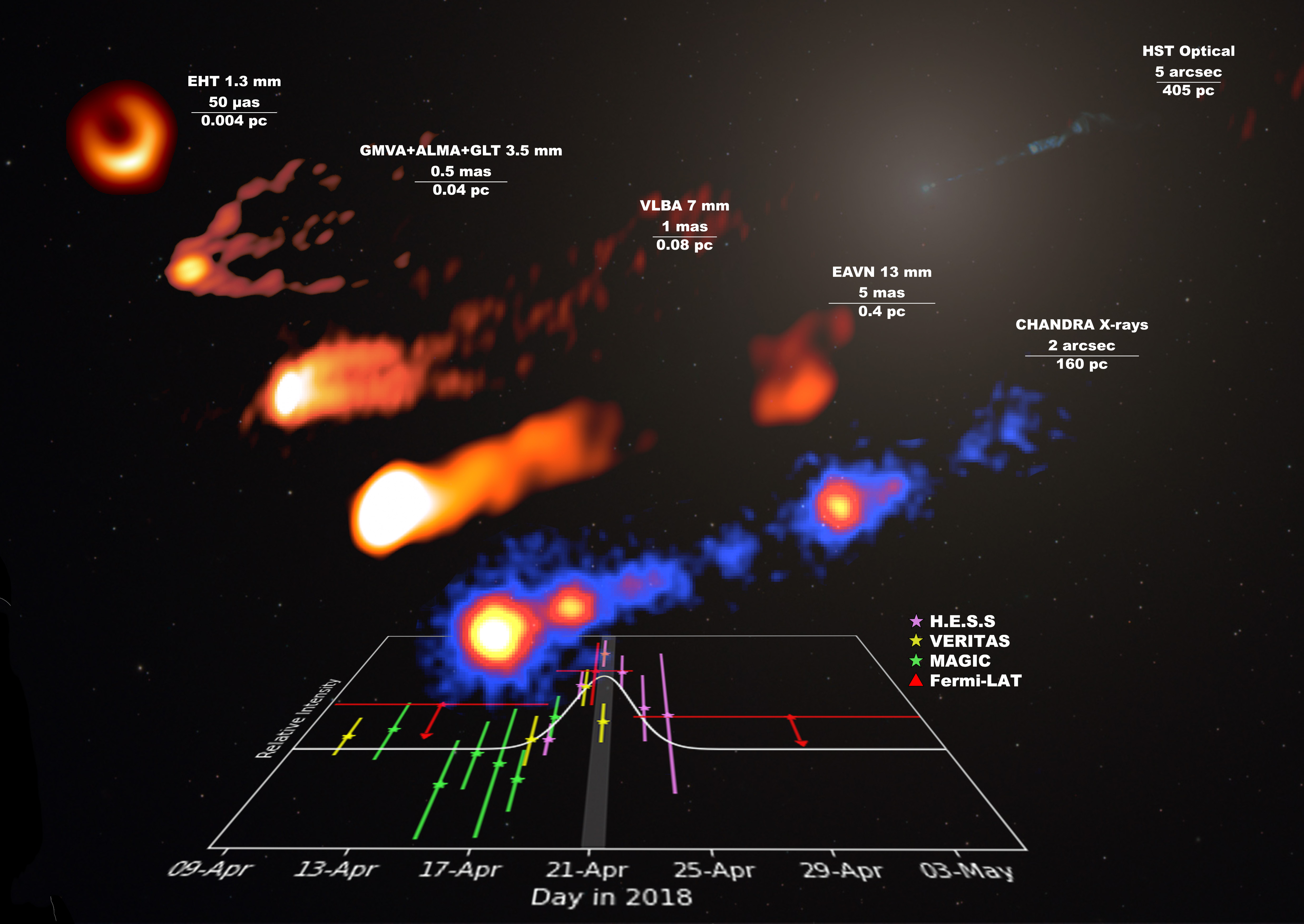Though lettuce and other leafy greens are important for a healthy diet, they might not be the best choice for astronauts on the International Space Station (ISS). New research has revealed that the condition of microgravity on the ISS can make lettuce more susceptible to pathogens, potentially leading to foodborne illnesses. This finding could have a significant impact on future crewed missions to the moon and eventually Mars.
Currently, ISS crew members consume salad greens grown onboard in controlled chambers, as well as food sent from Earth. However, the ISS environment is known to harbor pathogens such as bacteria and fungi, which can pose health risks. If consumed, lettuce colonized by these pathogens, such as E. coli and salmonella, can make astronauts sick. NASA, other space agencies, and private space companies like SpaceX are concerned that a foodborne illness outbreak could jeopardize missions and the substantial investments involved.
In a study conducted by scientists at the University of Delaware, lettuce plants were exposed to simulated microgravity conditions using a device called a clinostat. The researchers aimed to understand how microgravity affects lettuce and its vulnerability to illness-causing organisms.
Plants use tiny pores called “stomata” to exchange gas and typically close these pores when stressed by factors like bacteria. Surprisingly, plants grown in simulated microgravity had their stomata remain open when exposed to bacteria, making them more susceptible to invasion by pathogens like salmonella compared to their counterparts on Earth.
The team also tested the use of a “helper bacteria” called B. subtilis UD1022, typically used to aid plant growth and defend against bacterial colonizers. However, the study found that this bacteria failed to protect plants in microgravity, possibly due to its inability to prompt the plants to close their stomata.
To mitigate the risk of contamination from plants opening their stomata wider in microgravity environments, the team is exploring the possibility of adjusting the genetics of the plants. By evaluating different lettuce species with varied genetics and testing their response to microgravity, they aim to find a solution to prevent the widened stomata in space.
The team’s findings were published on the Springer Scientific Reports website this month.















